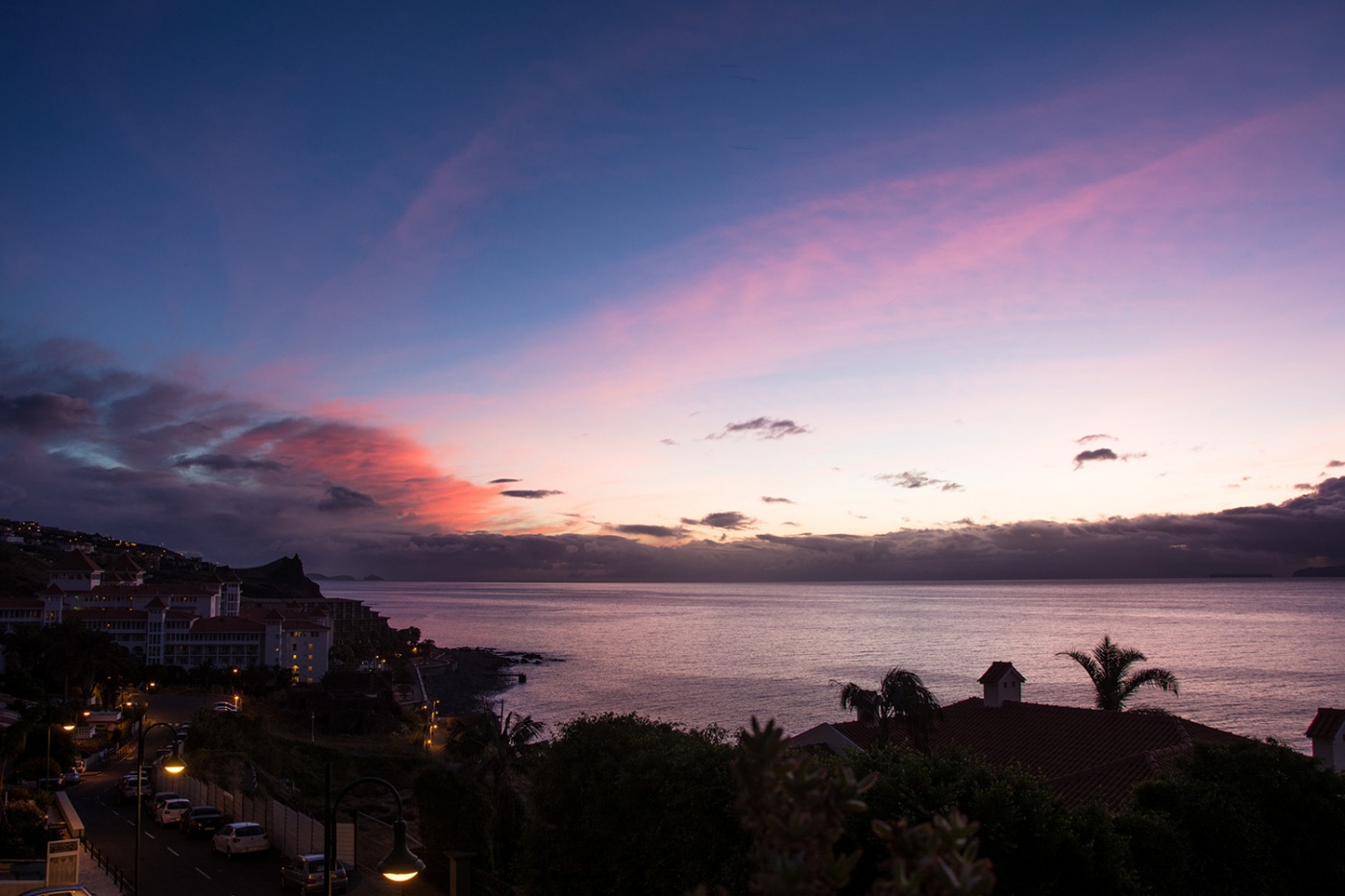Take a Moment at Dusk
I have never been much of a morning person. Just ask anyone in my family and they’ll be glad to regale you with a multitude of anecdotes and tales (some taller than others, mind you), illustrating the fact.
But the point of this isn’t to reveal or revel in my morning time social transgressions or terrors wrought as a child refusing to get up for school. Instead, I’m really writing in celebration of the evening hour, most especially the fleeting while of twilight at the end of each day.
Dusk hasn’t always been my favourite time of day. One dreaded it as a child keen on playing with my neighbours at the void decks of our flats. It was an hour of looming gloom, first heralded by the resounding clang of metal spatulas against woks, as kitchens in the neighbourhood revived for dinnertime. With childish ferocity of will, we would resolutely cling to our games, even as the fading light cast growing shadows upon our faces and hearts. Then the corridor lights would come on—first an insouciant flicker before a flood—bringing our day’s merriment to an end with a jolt of harsh white light.
As an adult, dusk brings with it a moment of respite. It signals the end of the day for most of those working, and one senses a palpable sigh of relief as high-rise towers in the CBD and offices all around disgorge hives of workers who are done for the day. On foot, by cars, buses and trains, we funnel ourselves into a maze-like network of overlapping streets, highways and tunnels that make up a twinkling galaxy of city lights slowly coming alive.
But the magic of the hour reaches beyond the prosaic work day. In the shift and change of light all around, it is Mother Nature’s prime moment to draw our attention away from the routine, and away from the glare of computer and smartphone screens. After a showy riot of titian red, subtle pink and purple hue at sunset on a clear evening, everything seems to come into a strange and beautiful definition in the deepening indigo glow of a twilight sky. In silhouette, the delicately folded leaves and finely interwoven branches of rain trees overhead become a charmingly intricate lattice canopy. Sounds of nature rise again after a day’s worth of traffic and activity, and we hear the last chitters of roosting birds and the occasional low, slow call of an Asian Koel. Its singular tu-whoos interspersed by moments of pregnant, anticipatory silence, all at once slightly forlorn, mysterious and evocative, are not unlike the palely luminous moon, shyly coming into her own above.
My favourite memory happened at the hour of twilight, on a country road in the outskirts of a small English city. On an impromptu weekend trip taken at the spur of a moment during the university term, I’d somehow found myself alone on the side of an empty road, at the final stop on the route of the area’s last and only public transport service for the day.
Booked on the fly and on a skint student’s budget, my accommodation for the night was—according to my bus driver—to be found somewhere further down a small lane, flanked on both sides by impenetrably dense and tall hedges. Unforthcoming and stony-faced, he was patently eager to end his day, and I had to make a quick choice between choosing a round-trip back to the city, or disembark into the surrounding fields of wide pastures and distant farmhouses.
Compelled by a sudden streak of foolhardiness (and a lack of funds for a night elsewhere), I descended and started my slow and doubtful way down the path, roll-along luggage rattling ignominiously over the gravel behind. But the lane was unlit and a snuff-black night threatened to fall swiftly over the short winter day. A born and bred city-slicker, I’m not much of one for being comfortable away from the noise and lights of an urban setting. So rising panic and trepidation quickly began to set in when after 5 minutes of walking with no destination or any other building, in sight. Cold, alone and with no real idea of where I was, but knowing that no help was likely available if I turned around, I forged forward into the growing gloom, heart in mouth.
It was then when I heard the gentle fall of hooves through the hedges on my left. Breaking through the lonely crunch of my shoes and wheels on the gravel—the only sounds I’d heard since leaving the bus—it seemed a horse, whether disturbed or piqued by the noise I was making in the evening silence, had begun trotting alongside me. I couldn’t make out the creature beyond small patches of moving shadows in the poor light and thick growth, but the mere sound of its footfall, thudding softly and reassuringly on the earth, sent a shot of warmth to my soul.
Suddenly, I wasn’t so alone anymore. We were swiftly joined by the sound of more hooves, and heartened by their companionable presence, I quickened my pace until I was almost running down the path alongside them, and their trots had risen to a canter before coming to an abrupt stop; there must have been a fence on the other side. Yet panting and elated, I realised I had a wide smile plastered across my face and a renewed sense of courage. I lingered for a few short moments before calling my goodbyes in the direction of the sound of their nickers and blows. Minutes down the road, I caught the first sight of my bed & breakfast, its lights bright and gold against the dark, before nightfall.


